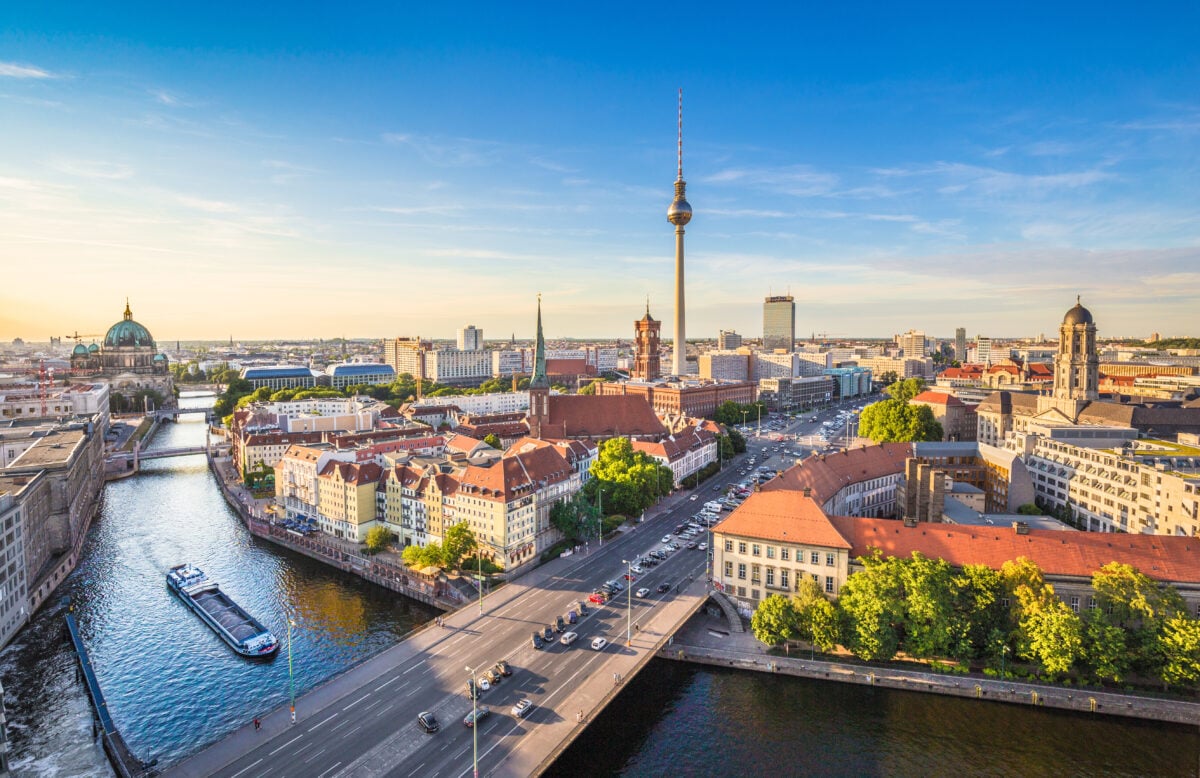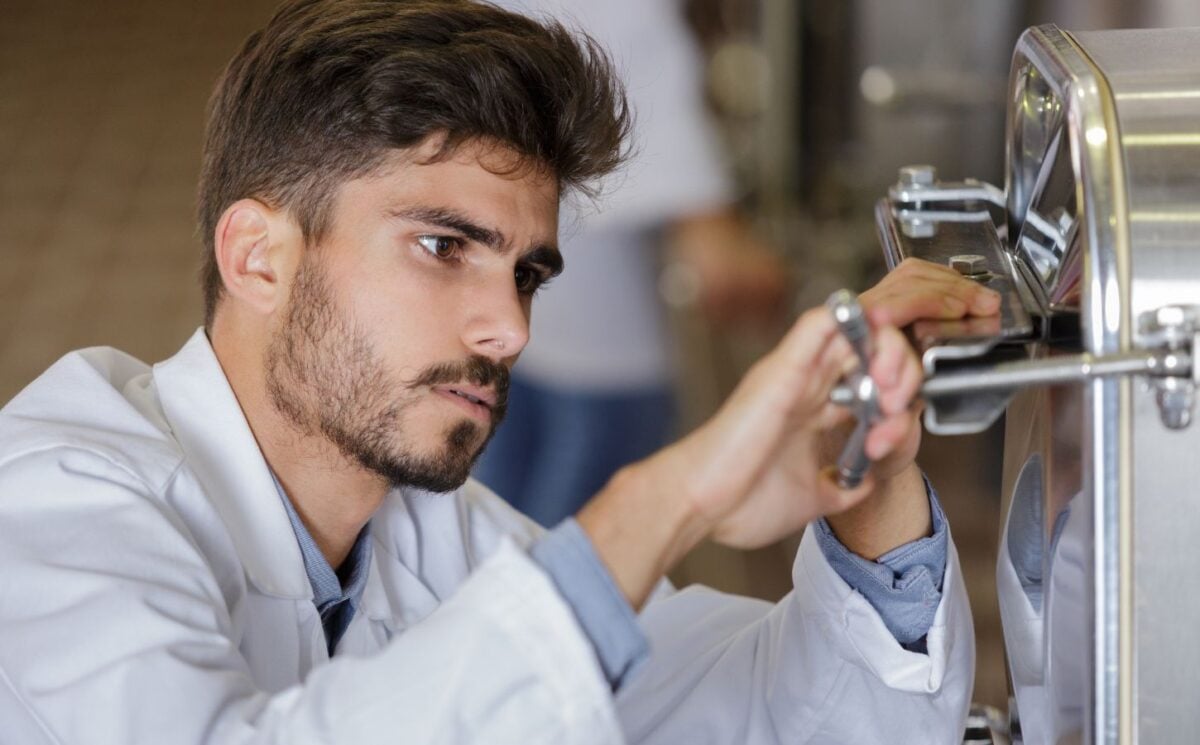Germany could create up to a quarter of a million jobs and receive a €65 billion (USD $67.9 billion) economic boost with the right support for alternative proteins, according to a new analysis.
The German government would need to provide “a transparent path to market” for companies. This would include science-based regulatory approvals for new technology and ingredients. The government would also need to invest an average of €260 million per year to support research and infrastructure development. This would help make Germany a “global leader in protein diversification,” according to the report by systems change company Systemiq and commissioned by the Good Food Institute.
Such support could create around 250,000 “future-proof” jobs. Around 35,000 would come from alt protein production. Manufacturing food processing equipment could generate 70,000 jobs, with a further 55,000 from making specialized machinery such as fermentation tanks. Around 40,000 jobs could be created along the supply chain, including in farming. Jobs focused on producing growth media and other specialized inputs could reach 45,000.
Read more: Company Secures Patent For ‘Bee-Free’ Honey In Germany
The report shows that Germany’s potential economic gains would come not just from expanding the domestic alt protein market, but also the export market. With its existing expertise in mechanical engineering and exports, the country is “uniquely positioned to become a cornerstone of the international alternative protein sector.” It could use this position to manufacture and export machinery used by the sector, such as extruders and fermenters.
Overcoming current barriers

Currently, Germany’s alternative protein market is not thriving, according to the report. It “faces significant barriers that risk stifling growth and global competitiveness” including a lack of support for German companies to navigate the EU Novel Foods regulations. Underinvestment in the sector are also keeping production costs high. Between 2020 and 2024, Germany spent just €55 million on research and development.
Under this “Business-as-Usual” scenario, the domestic alt protein market is expected to grow to about €8 billion by 2045.
“The alternative protein market is still in its early stages, with some uncertainty remaining,” Sophie Hermann, Partner at Systemiq, said in a statement. “Over the next five years, developments in regulation, public and private investments, and technology will play a critical role in shaping the market’s trajectory and reducing this uncertainty. With concerted efforts from all stakeholders and the right policy support, Germany can position itself as a leader in protein diversification, driving strong innovation to secure future-proof jobs, economic growth, sustainability, and food security.”
Read more: From Alternative Protein To Pickling: Research Predicts Huge Changes To UK Diets By 2054
Aligning with policy goals
Proper investment in and support for the alt protein sector would align with Germany’s policy priorities, according to the report. These include regaining the country’s position as an innovation leader and improving food security. It would also help address public health issues, including obesity and low dietary fiber intake which incur significant healthcare costs.
Expanding the alt protein market domestically would also help deliver on Germany’s environmental commitments. These include achieving net-zero emissions by 2045 and implementing the 2030 National Biodiversity Strategy.
If Germany takes advantage of its full potential in alt protein, the report estimates it could reduce emissions by the equivalent of taking 1 to 1.8 million cars off the road. It could also save around 1.2 to 2 million hectares of land. Freshwater use could be cut by the same amount as that used annually by 420,000 German households.
Steps towards a plant-based food system
Germany has made some progress towards a plant-based dietary shift. In 2024, the government published the new national dietary guidelines, recommending that people’s diet should be 75 percent plant-based. This followed an announcement in 2023 of a €38 million public investment to promote plant-based foods and alternative proteins.
In the private sector, Lidl Germany announced in 2023 that it would price match almost all of its own brand plant-based products with their meat counterparts.
Read more: A 50% Market Share For Alt Proteins Could Reduce GHGs More Than EVs, Says Report






